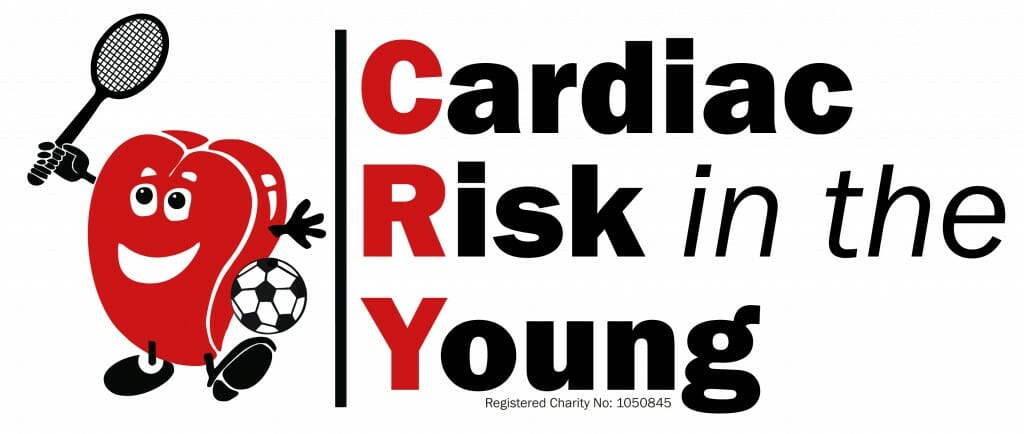Ablation
Ablation Read the Ablation Special Issue myheart newsletter An ablation (sometimes called a catheter ablation) is a procedure that is used to correct a faulty electrical pathway within the heart, which is causing or could potentially cause an abnormally fast heartbeat (called a tachycardia or tachyarrhythmia, in medical terms). This can therefore be the treatment if […]
Cardioversion
Cardioversion A cardioversion is a procedure that can help your heart rhythm get back to its normal, sinus rhythm if it is in a persistently abnormal rhythm (such as atrial fibrillation or atrial flutter). Before your cardioversion takes place, you will be given a general anaesthetic so that you will be asleep during it. Because […]
Cervical sympathectomy
Cevical Sympathectomy A cevical sympathectomy is an operation that can be useful for some people with long QT syndrome. It reduces the amount of adrenaline that is produced and delivered to the heart by certain nerves (the left cervical ganglia). The operation involves blocking or removing these nerves on the left side of the neck. […]
Heart medicines
Heart Medicines If you have any questions about the medication you are on, please ask your GP, cardiologist or pharmacist. The below is just a guide to explain about some of the commoner treatments that can be used. 1. Diuretics If you experiencing a condition called congestive heart failure, you may find that you have […]
Implantable cardioverter defibrillator (ICD)
Implantable Cardioverter Defibrillator (ICD) See our FAQ page on ICDs here. If the bottom chambers (ventricles) of your heart are prone to going into either a dangerously fast or a chaotic heart rhythm (called ventricular tachycardia and ventricular fibrillation respectively), or if you are thought to be at risk of your heart going into these […]
Myomectomy
Myomectomy A myomectomy may be recommended if you have hypertrophic cardiomyopathy (HCM) with obstruction to the blood leaving your heart, and your medication is not controlling your symptoms. With this procedure, part of the enlarged septal muscle causing the obstruction is shaved away. A myomectomy usually involves open heart surgery, although it can now also […]
Pacemakers
Pacemakers Pacemakers electrically stimulate your heart to make it contract and produce a heartbeat. They differ from implantable cardioverter defibrillators (ICD) in that they do not have the ability to give your heart an electric shock. Pacemakers can be helpful if you have problems with the electrical activity in your heart which causes it to […]
